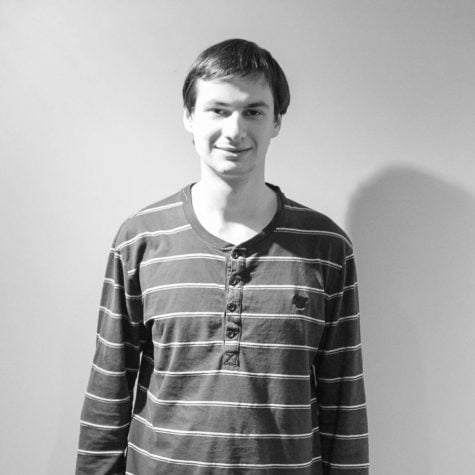On Feb. 5, faculty and community members crowded into the Moon Room to hear from the faculty representatives of the presidential search committee: Professor of Geology Dave Dobson, Associate Professor of Music Kami Rowan and Assistant Professor of Justice and Policy Studies Barbara Lawrence.
The representatives were there to explain why, on a campus that prides itself on transparency, the next president might be hired before the community even knows his or her name.
According to Carole Bruce, trustee and head of the presidential search committee, there are good reasons to allow applicants to keep their information confidential throughout the entire search process.
“We have been advised by our search consultant … that some very well-qualified candidates may not be in a position to participate in open campus interviews due to their current roles as sitting presidents,” Bruce said in an email interview.
This option to remain anonymous is a growing trend in presidential searches. Roughly 25–30 percent now use this model, according to information presented at the faculty meeting.
“I don’t think anyone wants the final interview process to be secret,” said Dobson to The Guilfordian. “But we acknowledge the possibility that someone might be in a particular situation … (where) if they didn’t get our job, it might cause irreparable damage to their own job.”
The only thing known about the applicants currently is that both solicited and unsolicited candidates have applied, and, according to Dobson, there are many tens of people in each pool.
The presidential search committee will receive all applications later this month. After that, the committee will recommend several finalists to the board of trustees.
If one finalist requests that his or her application be confidential, the trustees will likely keep all the finalists anonymous until one is selected.
“That isn’t firmly decided yet … (but) it might be hard to have an equal process … if some people are giving public presentations and talking to the community and others were only talking to the trustees,” said Dobson.
The committee also suggested that some faculty and students join the trustees for the final interviews if public presentations are not possible.
Several community members questioned whether the confidential interviews would do more harm than good.
“My concern is that a presidential candidate who doesn’t talk with a wide swath of the community (before being hired) might have a hard time as president,” said Max Carter, director of the Friends Center. “Open forums are absolutely essential for them to get a feel for Guilford.”
The committee freely acknowledges that the situation is not ideal. It feels, however, that the benefits of allowing confidential applications outweigh the potential disadvantages.
“I, as much as many community members, am a little bit perturbed because Guilford has a culture of openness,” said senior Lyes Benarbane, student representative of the search committee. “But, in the same regard, if anonymity is the difference between a candidate who will re-vitalize this school and this community, and one who (won’t), I will take the anonymity.”
[photomosaic nggid=191]







